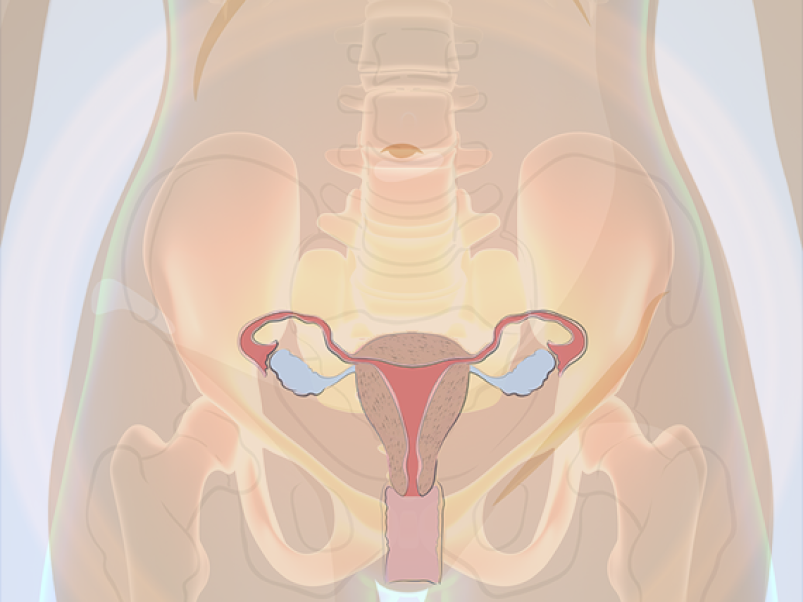Urogynecologist Dubai
What is urinary incontinence?
According to Dr. Mustafa Aldam, Urogynecologist Dubai, urinary incontinence refers to involuntary urine leakage, causing individuals to experience unexpected and uncontrollable bladder voiding. It can range from occasional mild leaks to more severe and frequent episodes. This condition can significantly impact a person’s quality of life, leading to embarrassment, anxiety, and social isolation.
The different types of urinary incontinence
When it comes to urinary incontinence, there is no one-size-fits-all solution. This frustrating condition can manifest in different ways for different individuals. Understanding the various types of urinary incontinence can help you identify your symptoms and seek appropriate treatment.
- Stress Incontinence: This type of incontinence occurs when pressure is exerted on the bladder, causing leakage during activities such as coughing, sneezing, or exercising. It is commonly seen in women with weakened pelvic floor muscles after childbirth or menopause.
- Urge Incontinence: Also known as overactive bladder, this type involves a sudden and intense urge to urinate followed by involuntary urine leakage. Infection, neurological disorders, or bladder irritants like caffeine can trigger it.

- Overflow Incontinence: People with this type experience frequent dribbling or a constant trickle of urine due to an inability to empty their bladder. It can occur when the bladder doesn’t contract properly or a blockage prevents normal urine flow.
- Functional Incontinence: This type occurs when physical limitations prevent a person from reaching the toilet on time despite having proper bladder control.
- Mixed Incontinence: Sometimes, people may experience a combination of two or more kinds of urinary incontinence concurrently.
Understanding these different types helps tailor treatments specifically for each patient’s needs and provide relief from symptoms associated with urinary incontinence. Consulting a urogynecologist Dubai can ensure that patients receive expert care tailored to their condition, improving their quality of life.
Causes of urinary incontinence
Some common factors that result in urinary incontinence are:
- Chronic constipation
- Prostate problems (in men)
- Urinary tract infections (UTIs)
- Pelvic organ prolapse (in women)
- Lifestyle factors (such as obesity and smoking)
- Nerve damage (from conditions like diabetes or multiple sclerosis)
- Weakened pelvic floor muscles (due to pregnancy, childbirth, or menopause)
- Medications (that increase urine production or relax bladder muscles excessively)
If you’re experiencing symptoms of urinary incontinence, it’s essential to consult a Urogynecologist in Dubai specializing in diagnosing and treating this condition.
Urinary Incontinence Treatment in Dubai
According to Dr. Mustafa Aldam, Urogynecologist Dubai, urinary incontinence treatment in Dubai can differ depending on the type and severity of the condition. It’s important to note that there is no one-size-fits-all approach to treating urinary incontinence, as each individual may require a different treatment plan.
One standard treatment option is lifestyle changes. This can include making dietary adjustments, such as reducing caffeine and alcohol intake, known to irritate the bladder. Regular exercise can also help strengthen the pelvic floor muscles, vital in controlling urine flow.

Another non-invasive treatment method is behavioral therapy. This involves techniques such as bladder training and scheduled voiding to help regain control over urination patterns. Pelvic floor exercises, like Kegel exercises, are often recommended to strengthen the muscles that support the bladder.
For more severe cases of urinary incontinence, medication may be prescribed. These medications work by relaxing the bladder or tightening the muscles around it to improve control over urination.
In some cases, surgical intervention may be necessary. Surgical procedures can range from minimally invasive options like sling or bulking agents to more complex surgeries like bladder neck suspension or artificial sphincter implantation.
According to Dr Mustafa Aldam, Urogynecologist Dubai, it’s essential for individuals experiencing urinary incontinence to consult with a urogynecologist who specializes in diagnosing and treating these conditions.
Book an appointment with Healia Medical Center
If you or a loved one is experiencing urinary incontinence, seeking help from a qualified urogynecologist Dubai is essential.
At Healia Medical Center, led by Dr Mustafa Aldam, Urogynecologist in Dubai, we understand urinary incontinence’s impact on your daily life and general well-being. Our team of experienced urogynecologists is dedicated to providing personalized care and effective urinary incontinence treatment in Dubai.
When you book an appointment with Healia Medical Center, you can expect a complete evaluation of your condition by Dr Mustafa Aldam, Urogynecologist in Dubai. Our expert urogynecologist Dubai will take the time to listen to your concerns, conduct necessary tests, and develop a tailored treatment plan that suits your needs.
Take one step forward. We are here to help!
FAQS
A urogynecologist Dubai, such as Dr. Mustafa Aldam, is a specialist who focuses on diagnosing and treating pelvic floor disorders in women. This includes conditions like urinary incontinence, pelvic organ prolapse, and other issues affecting the bladder, uterus, and rectum.
You should consider seeing a urogynecologist Dubai, like Dr. Mustafa Aldam, if you experience symptoms such as urinary incontinence, pelvic pain, frequent urinary tract infections, or a feeling of pressure in the pelvic area. If these symptoms are affecting your daily life, seeking specialized care from an expert like Dr. Aldam is important.
Dr. Mustafa Aldam, a urogynecologist Dubai, treats a variety of conditions, including urinary incontinence, pelvic organ prolapse, overactive bladder, fecal incontinence, and painful bladder syndrome. He may also manage complications from childbirth or previous surgeries.
A urogynecologist Dubai such as Dr. Mustafa Aldam may offer a range of treatments, from conservative options like physical therapy and medications to surgical interventions, such as pelvic reconstructive surgery. Treatment plans are tailored to each patient’s specific needs and condition.
Before your appointment with Dr. Mustafa Aldam, a urogynecologist in Dubai, keep a detailed record of your symptoms, including their frequency and severity. It may also help to note any triggers or activities that worsen your symptoms. Bring a list of any medications you’re taking and be prepared to discuss your medical history.
